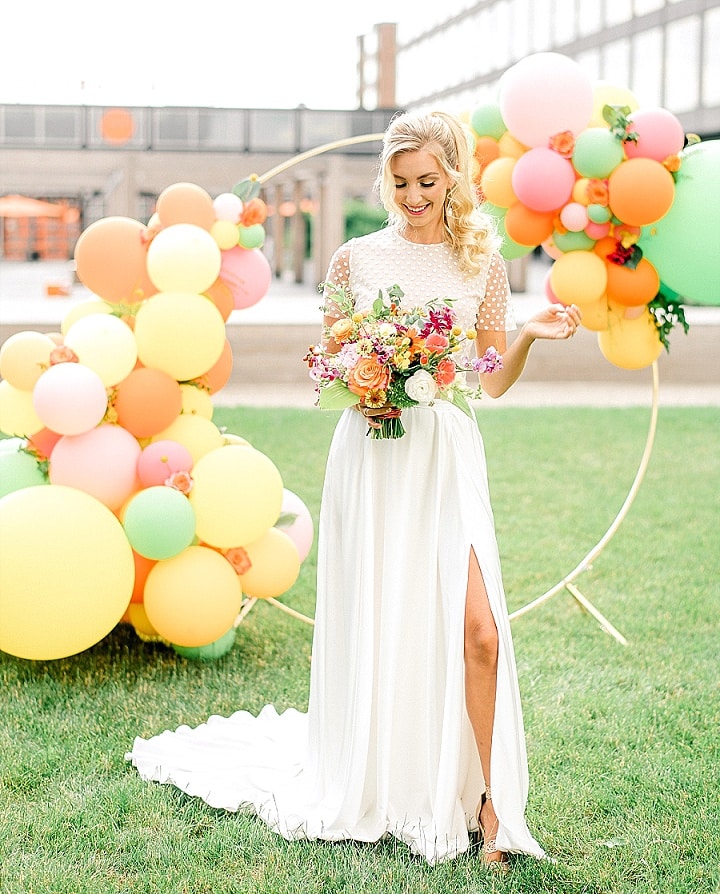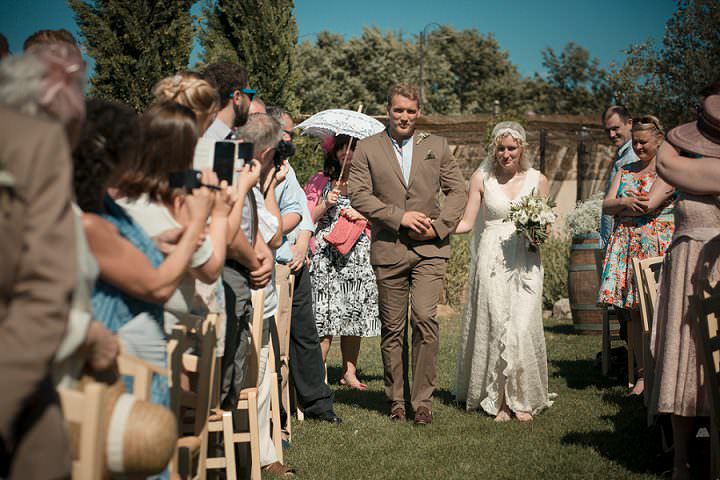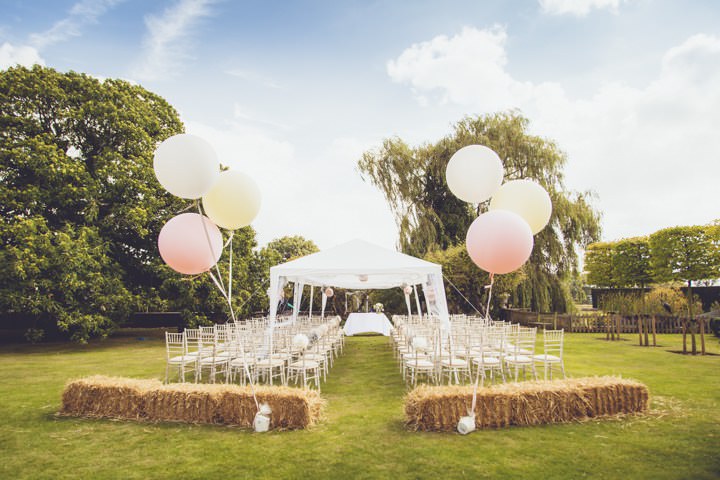Featured Post

‘Citrus Fun’ Colourful, Modern, Balloon Filled Spring Wedding Inspiration
With Easter weekend upon us, spring really does feel like it is just around the...
10
Feb
2016
Good Afternoon. How are you all? Today we’re here to offer you some information and advice about Humanist Ceremonies. There are so many different ceremonies that you can have when you get married and this one is one of my particular favourites. It offers you so much freedom and flexibility and a real alternative to the traditional church service or registry office. I will pass you onto our wedding celebrant Liz Harwood who is going to explain more about them.


My name is Liz Harwood and I am a Humanist wedding celebrant. Many people aren’t sure what a Humanist wedding is and so hopefully in this blog, I will answer the main questions you might have about Humanist weddings.
A Humanist wedding is a bespoke wedding ceremony, written to your exact requirements and wishes. It can include anything that will make it special and meaningful to you, but usually it would include information and anecdotes about you as a couple, as well as the more traditional elements of a wedding ceremony. We encourage and help you to write your own vows, you can exchange rings, include readings and music as desired, and you can sign a certificate if you wish. You can also personalise it with one or more symbolic act such as candle lighting and sand mixing. I have found the most popular symbolic act to be hand fasting, where the hand of the bride and groom are wrapped in ribbons and a knot is tied – the origin of the phrase to tie the knot! Each ceremony is written uniquely for you, and you have the opportunity to read and amend it before the big day as you wish.

 Image Source via www.s6photography.co.uk
Image Source via www.s6photography.co.ukThe majority of Humanist weddings are conducted by wedding celebrants who are fully trained and accredited by the British Humanist Association. We work together as a team which enables us to share ideas and experiences, as well as cover for each other in case of illness or delays. It is important to check that the celebrant you hire is accredited by the BHA before you hire them. There is a ‘search for a celebrant’ option on the Humanist Ceremonies website, where you can view each celebrant’s profile and select the person you think will be best suited to your wedding. Many of us offer a no-obligation meeting to get to know us and ask any questions before you book. There are also some independent celebrants who offer a similar service but work alone.

Where can I get married?
One of the wonderful things about Humanist weddings is that you can get married anywhere you like! You can choose a location or venue that is meaningful to you and you don’t need to find a licensed venue. It could be a beach, farm, garden, your own home, or a more traditional venue such as a hotel, country house or pub. Last summer, I conducted ceremonies anywhere from under a tree in a field to in the chapel at Balliol College, at Oxford University.

Are Humanist weddings legally recognised?
At the moment Humanist weddings are not legally recognised so you would still need to register your marriage with the local registry office. Many couples opt to have a legal ceremony the day before their Humanist wedding, but they consider their Humanist wedding to be their ‘real’ wedding, when all their friends and family gather to watch them promise to spend the rest of their lives together. Humanist weddings are proving extremely popular in Scotland, where they are legally recognised, and we think it will only be a matter of time before the marriage laws in England catch up!

Do we have to tell people that the wedding isn’t legal?
Your celebrant will talk to you about how you want to manage this. It’s perfectly possible to explain the legal situation in a positive way, saying that this is the occasion you consider your real wedding. But if you don’t want to draw any attention to the legalities then that’s fine too, though obviously your celebrant won’t say anything that suggests it is legally binding.

Who or what is a Humanist?
Humanists believe that we can be good people without believing in God. We think for ourselves about what is right and wrong, based on reason and respect for others and we look to science instead of religion as the best way to understand the world in which we live. Humanist ceremonies allow us to celebrate and give significance to the important moments in our lives, as our celebrants conduct weddings, baby naming ceremonies and funerals.

Do you have to be a Humanist to have a Humanist wedding?
You do not need to class yourself as a Humanist to have a Humanist wedding; you might simply want to take advantage of the freedom and flexibility which Humanist weddings can offer you. People choose a Humanist wedding for a variety of reasons, and sometimes wish to include a mixture of cultural influences which reflect the background of those involved.

Can we include a prayer in a Humanist ceremony?
Religion doesn’t usually play any part in a Humanist ceremony, but it might be included if it is a cultural reflection of the people involved rather than an act of worship. More common is the inclusion of a period of silent reflection, where each guest can consider their wishes for the bride and groom, and those who do have religious beliefs can say a silent prayer.

How long does a Humanist ceremony last
It depends on what you decide to include within the ceremony, but as a rough guide most ceremonies last between 20 – 45 minutes. This is something you can discuss with your celebrant.

Do you offer same-sex weddings?
Yes, we are happy to marry all couples and have been doing so for at least two decades. In fact, the British Humanist Association were instrumental in the campaign for legal same-sex marriages.

We got / are getting married abroad and want another ceremony for friends and family here. Can you do this?
Yes, we’d be happy to create such an occasion for you – in fact many of our wedding ceremonies take place under similar circumstances. We can make the humanist ceremony a wedding in itself or think of it as a celebration of your marriage – whatever suits you best. That said, in practice most couples in such circumstances choose to make promises to each other and (re)exchange rings.

Can we write our own vows?
Yes, certainly, although you don’t have to if you would rather not. Your vows can be very traditional, you can write them from scratch yourselves, or your celebrant can help you to choose wording that you both like.

Personally, I absolutely love my work as a Humanist wedding celebrant, I enjoy meeting new people and I feel very privileged to play a part in a couple’s special day.
www.humanist.org.uk/lizharwood / FACEBOOK.
For more information on Humanism: www.humanism.org.uk/ceremonies
Excellent article! Thank you for sharing! A nice introduction to Humanist ceremonies.